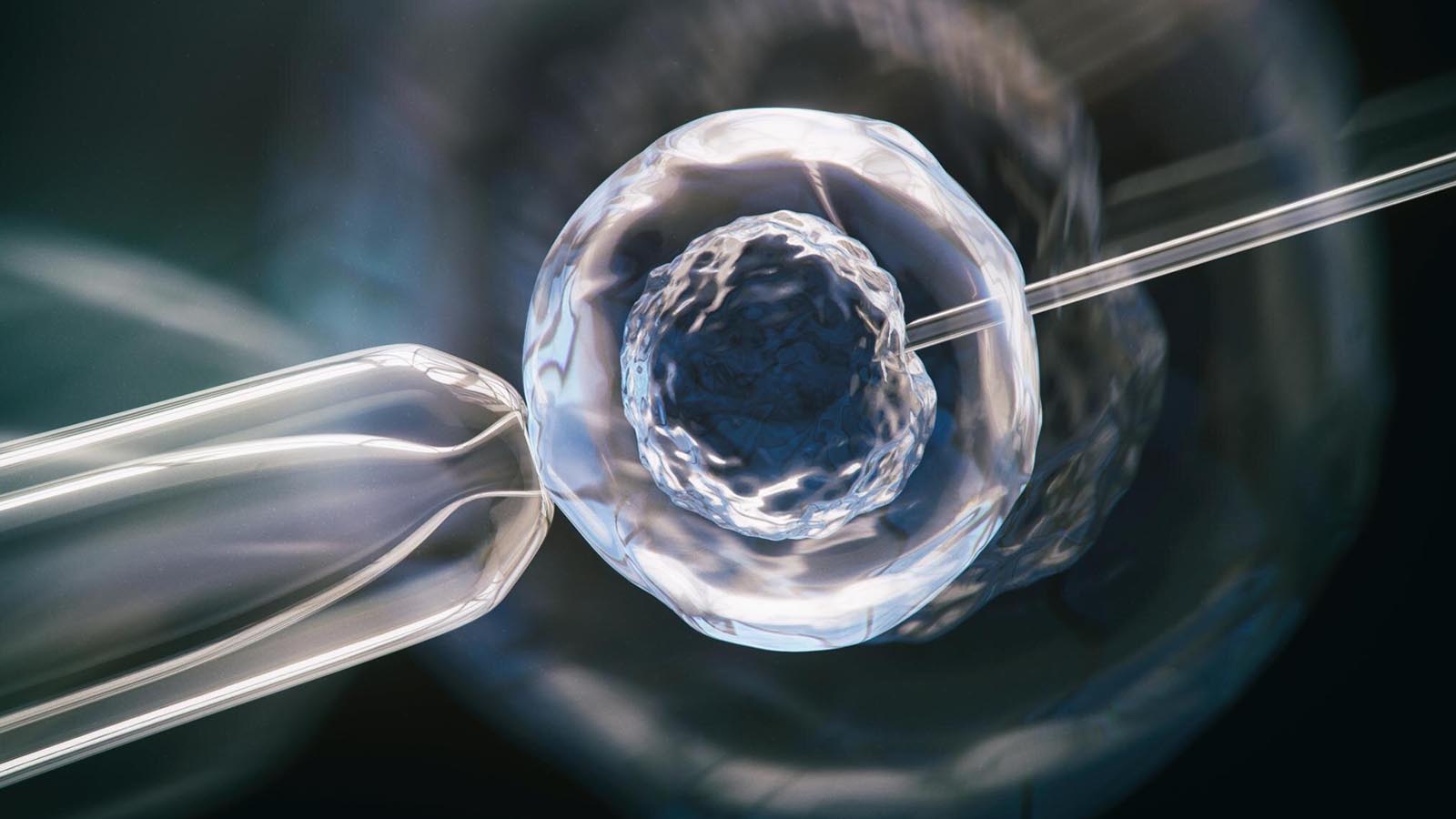Oh, brave new world, that has such embryos in it.
In a dramatic scientific first, researchers have created synthetic human embryos without using sperm or an egg.
No one knows if these embryonic structures — created from stem cells — could develop into a viable living organism, or what that organism might be like.
But the breakthrough is sure to ignite furious ethical, legal and scientific debate.
The synthetic embryo models had primordial cells that could eventually develop into egg and sperm cells.
“Our human model is the first … human embryo model that specifies amnion and germ cells, precursor cells of egg and sperm,” California Institute of Technology professor Magdalena Zernicka-Goetz told the Guardian.
“It’s beautiful and created entirely from embryonic stem cells,” she added.
The groundbreaking research — presented this week at the International Society for Stem Cell Research’s annual meeting in Boston — was a joint project of the University of Cambridge and the California Institute of Technology.
Scientists claim that studying these synthetic embryos could offer insights into genetic disorders, miscarriages and other medical issues.
“If you want to understand really what is going on … when things go wrong earlier leading to miscarriage or some congenital disorders, for example, then currently people are having to use embryos that are donated for research,” Robin Lovell-Badge, head of the Francis Crick Institute’s Stem Cell Biology and Developmental Genetics Laboratory in London, told BBC Radio 4.
“These are quite rare and hard to get,” he added, “so if you could use the stem cells to model those early stages of human development, then maybe you could get a lot of information without having to resort to using embryos that have been created by fertilization.”
Currently, scientists are restricted by a “14-day rule,” which limits the number of days they can allow an embryo to develop in a laboratory.
“I just wish to stress that they are not human embryos,” Zernicka-Goetz told CNN.
“They are embryo models, but they are very exciting because they are very … similar to human embryos and [a] very important path towards discovery of why so many pregnancies fail,” she added.
It would be illegal to implant a synthetic embryo into a woman, but similar work has been done using animal embryos. These failed to develop after being implanted into the wombs of female animals.
This latest development in the rapidly evolving field of stem cell research presents some ethical and legal challenges to scientists and to the general public.
At a minimum, voluntary guidelines may be needed to manage the use of synthetic embryo models in research settings.
“If the whole intention is that these models are very much like normal embryos, then in a way they should be treated the same,” Lovell-Badge said.
“Currently in legislation, they’re not. People are worried about this,” he added.














That is by no means a “breakthrough”…it is deliberate interference with God’s creation. It is evil.